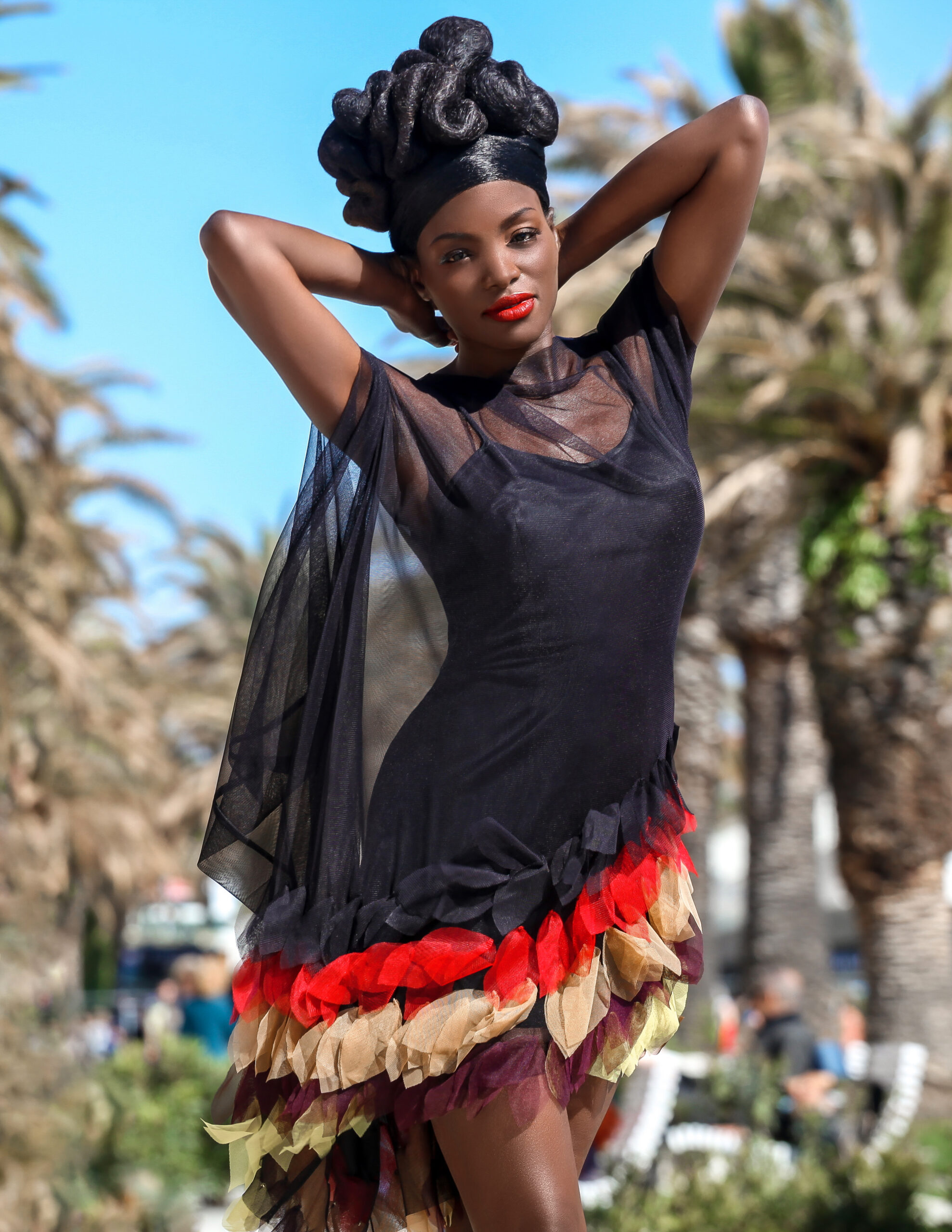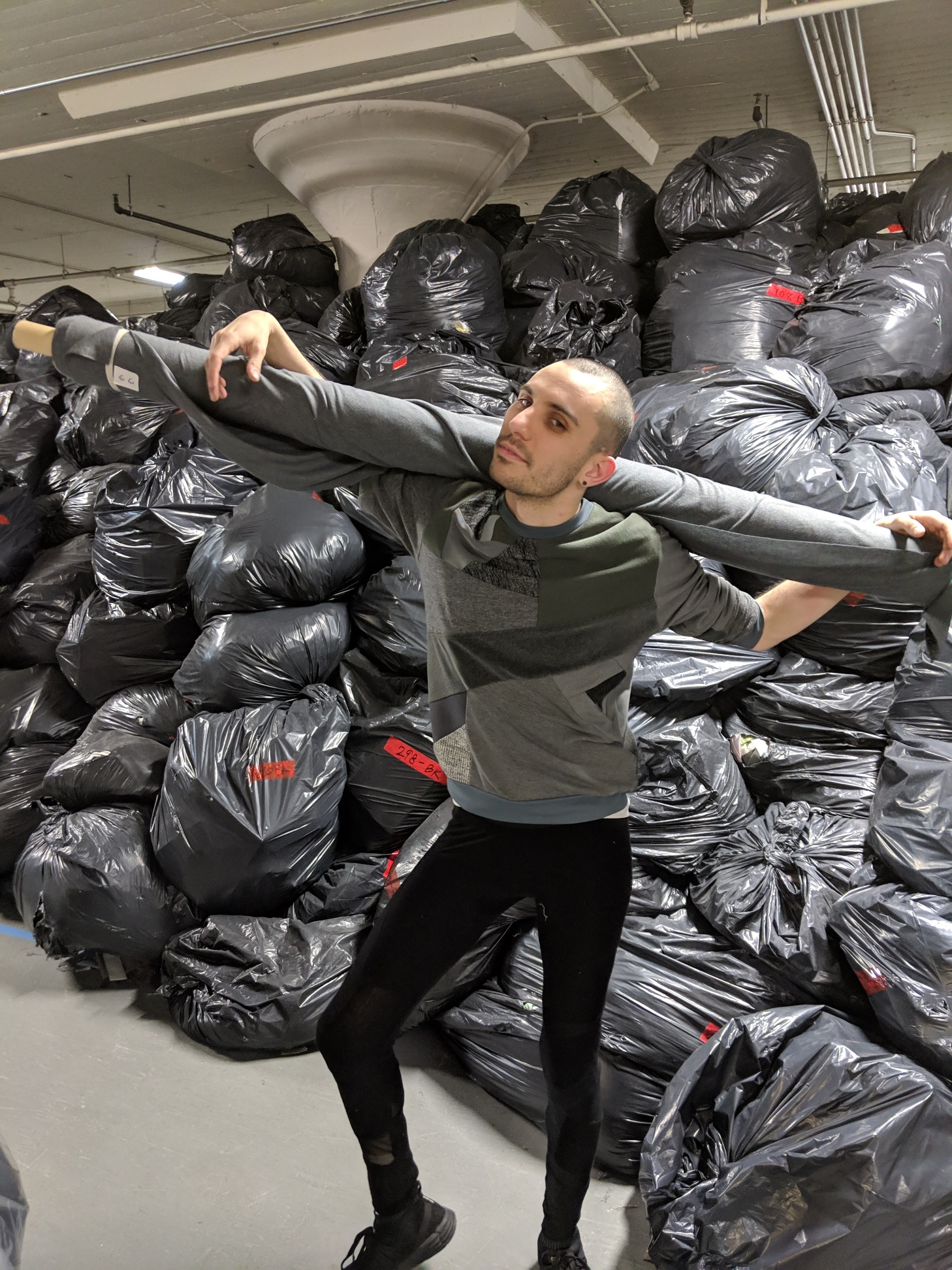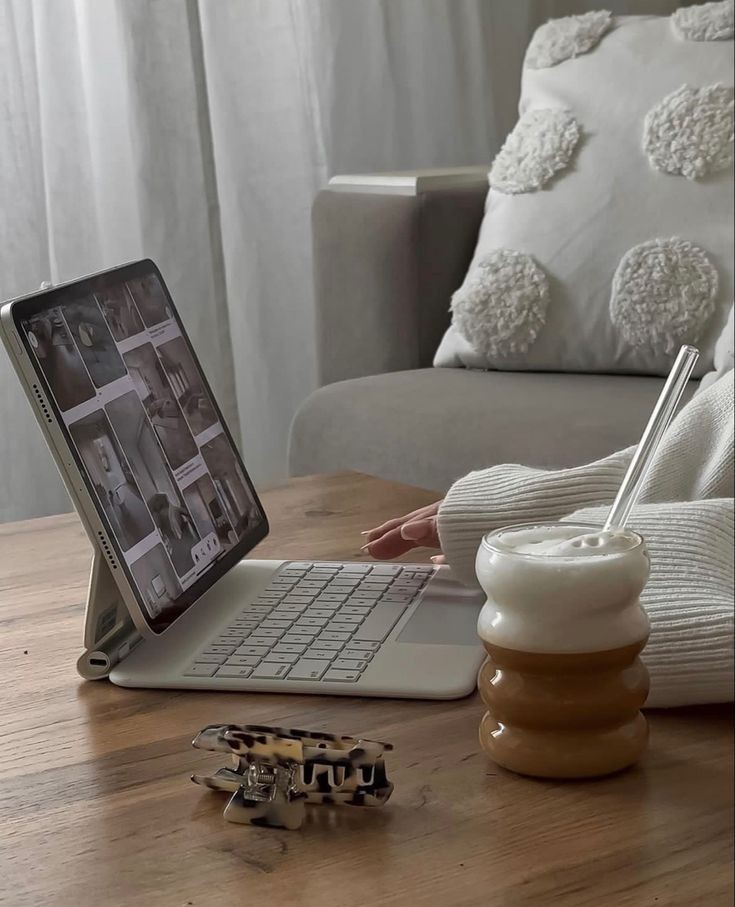You Don’t Have to Be the Founder to Be the Force: Brittany’s Story
In this raw and inspiring edition of The FoundHer Files, we spotlight Brittany Truszkowski, the powerhouse COO behind Grand Canyon Law Group. From growing up in foster care to leading multi-million-dollar law firms, her journey is a masterclass in resilience, reinvention, and redefining leadership from the second chair. Brittany didn’t found the firm—but she’s built it like it was her own, proving that you don’t always have to be the founder to make a major impact in the business world. She shares what it means to lead behind the scenes, the lessons burnout taught her, and why real impact isn’t about a title—it’s about how you show up.
The FoundHer Files is our candid interview series spotlighting fearless female entrepreneurs who are rewriting the rules of business, leadership, and legacy. Through real stories of resilience, purpose, and bold reinvention, each installment dives into the journeys of women who dared to build their own lanes—and bring others along with them. These are the unfiltered blueprints behind the breakthroughs.
1. Can you tell us about your business and what inspired you to start it?
While I didn’t technically start Grand Canyon Law Group, I’ve poured myself into it like it’s my own. As Chief Operating Officer, I’ve helped scale this Arizona-based criminal defense firm with the same heart and hustle I’ve brought to every firm I’ve touched.
This isn’t my first time building from the ground up. I helped launch a firm alongside its founding partners and ran it for six years. Before that, I spent a decade growing another practice—through the 2008 financial crisis, no less—when creativity, resilience, and sheer grit were the only ways forward.
But Grand Canyon Law Group feels different. It feels like home. I genuinely love criminal defense. It’s not just about case strategy—it’s about standing beside people at the lowest point in their lives and helping them rebuild. I know what it’s like to feel powerless. That’s why this work matters to me so much. Operations might be my title—but purpose is what really drives me.
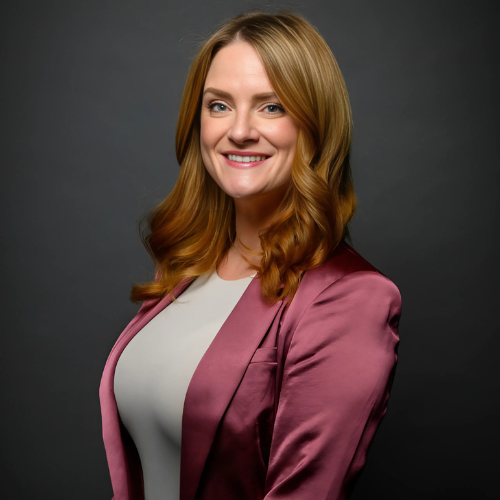
2. What problem does your business solve, and who is it for?
We help good people who are facing criminal charges—many for the first time in their lives—navigate some of the scariest, most uncertain moments they’ll ever face. These are people who feel overwhelmed, judged, and unsure where to turn.
At Grand Canyon Law Group, we step in with clarity, strategy, and heart. We don’t just fight charges—we help people rebuild their lives. Everything we do is rooted in our core values: compassion, because we see our clients as humans first; honesty, because they deserve the truth, not false hope; and results, because their future depends on what we do next. This isn’t just legal defense—it’s life defense.
3. How did you go from idea to execution—what were your first steps?
Since I didn’t found Grand Canyon Law Group, my role wasn’t about launching an idea—it was about turning vision into reality. My first steps were simple: build trust, roll up my sleeves, and get to work.
I focused on the behind-the-scenes pieces most people overlook—streamlining systems, empowering the team, and creating a culture where people are supported and performance thrives. I took what felt overwhelming and made it operational. That’s my lane. I’ve always believed strategy is only as good as the structure behind it—and that’s where I come in.
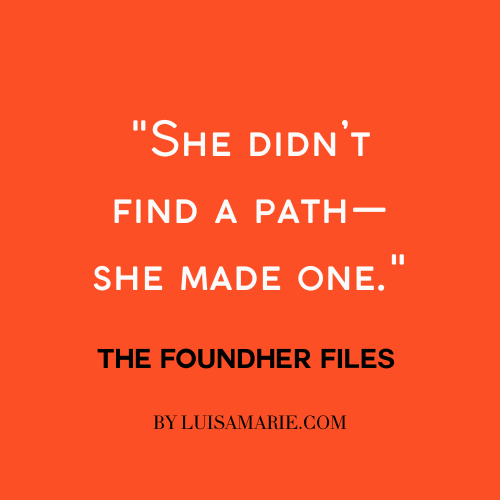
4. What has your entrepreneurial journey looked like so far?
I grew up in chaos—foster care, instability, survival mode. From a young age, I had to figure things out on my own. That experience taught me grit, adaptability, and how to keep going even when the path isn’t clear. I didn’t know it then, but I was learning how to lead—just not in the traditional sense.
Fast forward to 2008, I was juggling three jobs, hustling just to get by, when I stumbled into legal operations. Total accident. But the moment I stepped into that role, something clicked. I found purpose in building systems, leading from behind the scenes, and helping others find their footing. It felt like the first time my skillset and my story made sense together.
Since then, I’ve spent over 16 years transforming law firms from the inside out—scaling operations, coaching teams, and creating structure where there was once chaos. I’ve helped build firms from scratch, steered another through the 2008 financial crisis, and now, I lead at Grand Canyon Law Group as COO. I don’t need to be the founder to lead like an owner. My journey may not be traditional, but it’s been deeply intentional. What once broke me now fuels the way I lead.
5. What’s been one of your biggest challenges?
Burnout. I’ve hit that wall hard. Twice. I used to believe strength meant pushing through no matter what. Sleeping on an office futon, surviving on caffeine—that was my badge of honor. Now, I know better. Strength is boundaries. Strength is knowing when to rest, not just when to hustle.
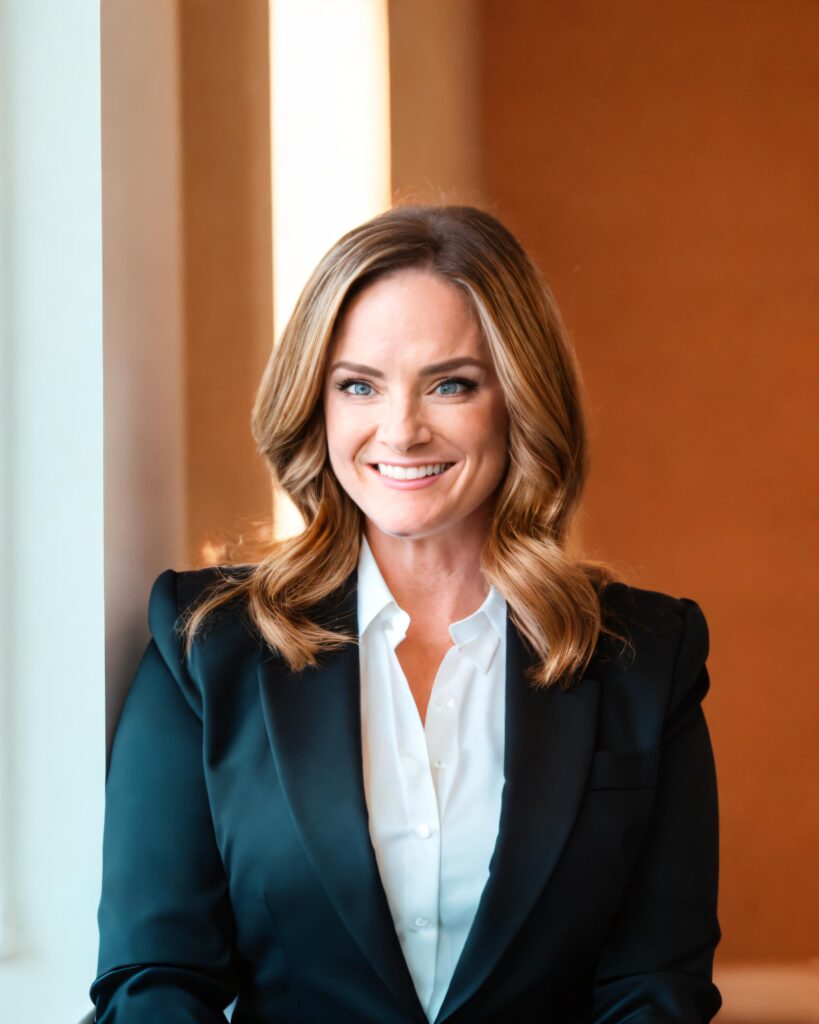
6. Have there been any pivotal moments or turning points for your business?
Absolutely—and for me, too. In 2015, I left a toxic relationship, packed up my life, and started driving across the country with no real plan. I was running on survival mode, just hoping for a fresh start. I stopped in Arizona for what was supposed to be one night… and never left. I met my husband, felt something shift, and for the first time, I gave myself permission to build a life—not just survive one. That moment changed everything.
Professionally, the biggest turning point came when we stopped treating operations like the “back office” and started treating it like a seat at the leadership table. Once we aligned our systems with our core values—compassion, honesty, and results—our entire culture shifted. Wellness wasn’t just something we talked about in policy docs; it became how we actually operate. That alignment—personally and professionally—is what makes the work feel real, and honestly, pretty damn fulfilling.
7. What does a typical day look like for you as a business owner?
I’m up at 4 AM, at the gym by 4:30, and then sometimes walking my dogs while listening to a podcast and pretending I don’t already have 47 unread emails. It’s the calm before the beautifully chaotic storm.
Once I’m “on,” my day turns into a mash-up of HR therapist, marketing strategist, sales coach, podcast producer, operations queen, and occasionally, the unofficial office greeter. There are meetings to lead, metrics to review, team members to coach, fires to put out (the figurative kind, usually), and about 63 tabs open in my brain at all times.
Somewhere between the Zoom calls and Slack messages, I’m reviewing financials, launching campaigns, running a podcast, and making sure our culture stays aligned with our core values. I don’t sit still much—but I wouldn’t have it any other way. My job is to keep everything running smoothly… or at least make it look like it is.
You don’t have to be the founder to be a force. There’s so much power in being the builder, the strategist, the one behind the curtain making it all work.
8. How do you balance the demands of running a business with your personal life?
Truth? I don’t always. Some days I nail it. Other days, my husband gets the version of me that’s running on fumes and sarcasm. I’m working on it. I try to be an intentional wife, niece, friend—but I’ll be the first to admit, I don’t always get the balance right. I believe in therapy. I advocate for it all the time—even though it took me over a year to get myself back into it. I know how important it is to prioritize mental health, but I also know how easy it is to put yourself last when you’re in go-mode.
One thing that’s really helped me is the rubber vs. glass ball mindset. Every day I juggle a dozen things—calls, HR, sales, operations, podcast planning, family, friendships. Some balls bounce if I drop them (like emails). Others—like my marriage, my health, or my peace of mind—are glass. They can crack if I’m not careful. So I’m learning to protect the glass ones first.
Balance isn’t about doing it all. It’s about knowing what matters most in that moment—and giving yourself permission to let a rubber ball bounce when it needs to.
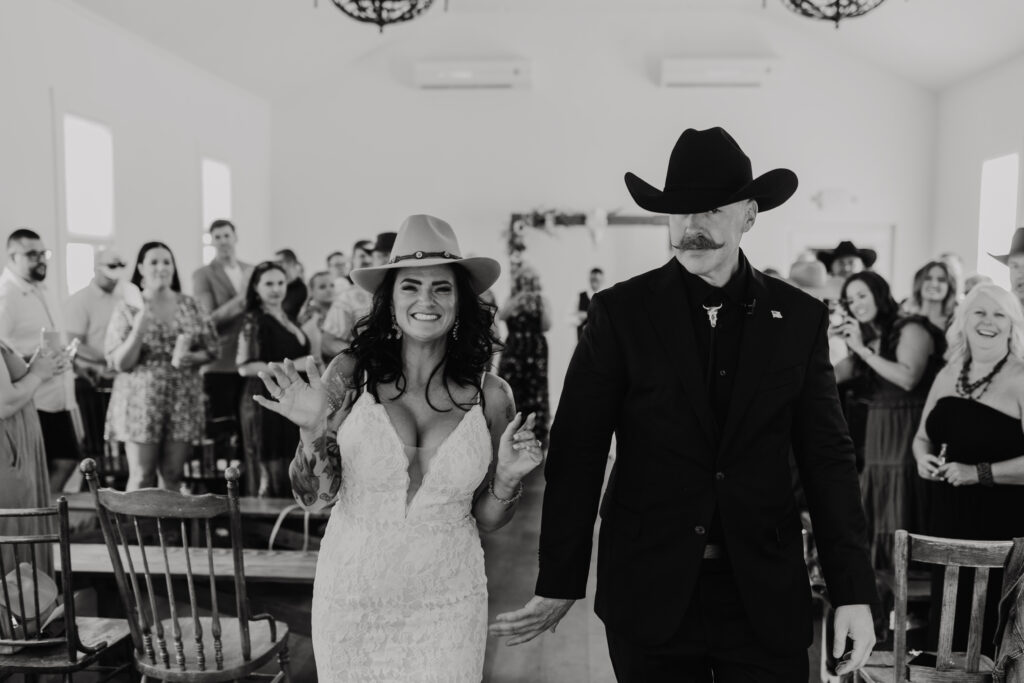
9. Do you have a team, or do you work solo? How has that shaped your experience?
Oh, we definitely have a team—and they’re AMAZING. I get to work alongside some of the most dedicated attorneys, paralegals, and support staff in the game. We’re not just a team, we’re a unit. And I don’t say that lightly.
A huge part of that culture comes from the top. David and Ryan, our founding attorneys, have created a leadership style that truly trickles down. They lead with heart, grit, and clarity—and that’s contagious. It’s shaped how the rest of us show up.
My role as COO is to make sure our people have the tools, structure, and support they need to thrive. I don’t lead from above—I lead in the trenches. That means listening, coaching, fixing what’s broken, and celebrating what’s working. The magic isn’t in doing it all myself—it’s in making sure our team feels seen, supported, and set up to succeed.
10. What about business funding in the start-up phase?
I didn’t fund it—but I’ve made sure the funding and operations make sense as we’ve grown. I’ve built budgets, reviewed cost per acquisition, and made strategic decisions to increase profitability
11. What have been your most successful growth strategies?
Hands down—prioritizing people. We’ve learned that when you take care of your team, growth takes care of itself. That means investing in training, creating space for honest conversations, offering therapy stipends, EAPs, and actual mental health days (not the fake kind where you’re expected to check email anyway).
We also believe in tracking everything—data drives our decisions—but culture is what keeps people invested in the outcome. You can have the best systems in the world, but if your people are burned out or feel unseen, none of it matters.
“It’s better done than perfect.”
12. How do you define success—has that definition changed over time?
It’s changed a lot. Early on, success meant being needed—being the one who could fix everything, carry the weight, and never drop a ball. But now? Success looks like stepping away and knowing it will all still run, not because I’m doing everything, but because I’ve built something strong, sustainable, and full of capable people.
These days, success is about impact, and relationships. I feel rich in the truest sense of the word. I’m surrounded by a powerful network of friends, family, coworkers, mentors, business leaders, and an incredible community that lifts each other up.
Success also means watching people grow because of something you said or did—and being able to give back, whether that’s through mentoring, serving nonprofits, or showing up for someone who just needs to know they matter.
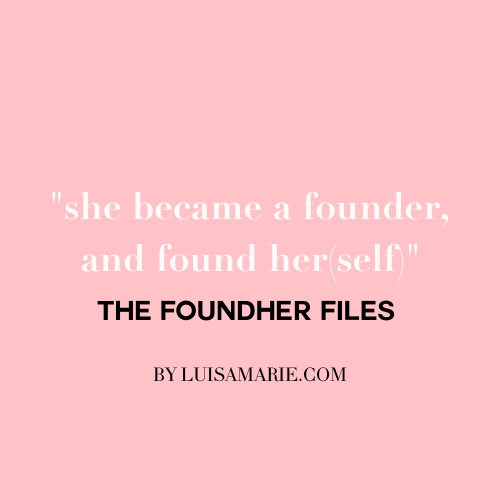
13. What’s the best piece of business advice you’ve ever received?
“It’s better done than perfect.” And let me tell you—I’ve had to remind myself of that more times than I can count. As someone who likes things just right, it’s easy to get stuck in the details. But perfection slows progress and steals peace. Sometimes you just need to hit go, trust your gut, and refine as you move. Done moves the needle—perfect just keeps you stuck.
14. What do you wish more people understood about entrepreneurship?
That you don’t have to be the founder to be a force. There’s so much power in being the builder, the strategist, the one behind the curtain making it all work. I’ve spent my career leading from the second chair, and I can tell you—real impact doesn’t require your name on the front door. You can change lives, shape culture, and drive success without being the one who “started it.” Entrepreneurship is a mindset, not just a title.
15. Looking back, is there anything you would have done differently?
I would’ve been kinder—to myself, yes, but also to the people I led. During those grind years, I was stuck in that “nobody cares, work harder” mentality. I thought pushing through was the only way to lead. But looking back, I wish I had led with more grace and empathy. I know now that people don’t need a superhero—they need a human. And sometimes, the best way to get results is by creating space for people to breathe, not just push.
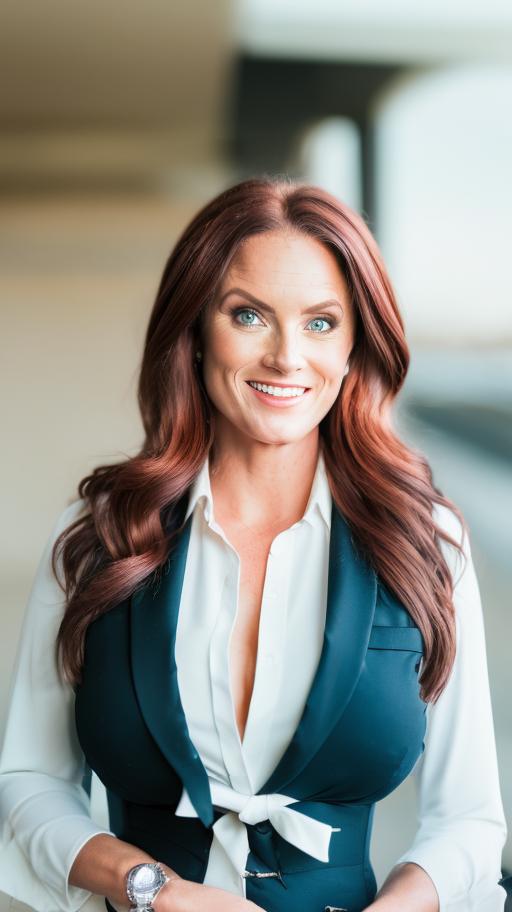
16. Who or what inspires you, both in business and in life?
The women who go first. My aunt—and now myself—who broke generational cycles and refused to settle for the cards we were dealt. My foster dad, who loved me like I mattered at a time when I needed it most. And the mentors, moms, survivors, and leaders who show up, scars and all, and lead with both strength and softness.
I’m also endlessly inspired by my circle of friends—absolute powerhouses. They’re grant writers, marketing gurus, PR rockstars, attorneys, VPs, business owners… and some of the most resilient, brilliant women I’ve ever known. Being in their orbit is like a masterclass in excellence and authenticity every single day.
And of course—my husband. He’s wildly creative in a way I genuinely envy. While I live in logistics and structure, his brain is a playground of ideas and artistry. He reminds me there’s magic in thinking differently.
17. What legacy or impact do you hope your business will leave behind?
I know a lot of people define legacy through motherhood—and while I deeply respect that, I don’t have children, and I’m not sure if that’s part of my path. But I do think about legacy in a different way: through the lives I’ve touched, the people I’ve lifted, and the spaces I’ve helped create where others feel truly seen.
I hope people remember that I showed up with intention. That I made room for others to be human, whether in a boardroom or over coffee. That I led with compassion—not just to get results, but because I genuinely care about the people doing the work. I want my leadership to outlast my presence, and for the culture I helped build to keep reminding people that being kind, honest, and supportive is good business.
There’s a line in Standing Room Only by Tim McGraw that says it all for me. I hope, in the end, I made people feel cared for, respected, and valued—enough to leave standing room only at my goodbye. Not because I did it all, but because I made others feel like they mattered. That’s the legacy I want.
18. What advice would you give to other women looking to start their own business?
Start even if you’re scared. Especially if you’re scared. Imposter syndrome? Oh, she’s loud. I’ve led teams, scaled businesses, sat in executive rooms—and still, I hear that whisper: Who do you think you are? But here’s the truth I’ve come to believe—fear doesn’t mean you’re not ready. It means you care deeply. And that’s not weakness. That’s your edge.
You will never feel fully prepared. None of us do. But progress beats perfection every time. Start messy. Start with questions. Start with shaky hands and a full heart. Because the woman on the other side of that leap? She’s stronger, bolder, and more grounded than you ever imagined.
You don’t need permission. You don’t need a flawless business plan or every answer. You just need the conviction that what you have to offer matters. Because it does.
So build the thing. Take the risk. Say yes to yourself.
The world doesn’t just need more businesses—it needs yours.
You can check out Grand Canyon Law Group here.
You Might Also Like:
The Neurobiology of Intuition: How One Woman Healed Her Nervous System and Rewired Her Life
How Jensen Turned Frustration with the Industry Into a Fast-Moving Marketing Machine
Building Icons, Breaking Barriers: The Woman Behind One of NYC’s Boldest PR Firms
30 Daily Journaling Prompts for Achieving Your Financial Goals
How to Name Your Brand (+ Dos and Dont’s)
How to Start a Business Step by Step
How to Reinvent Yourself and Your Business: Proven Strategies from Global Brands


